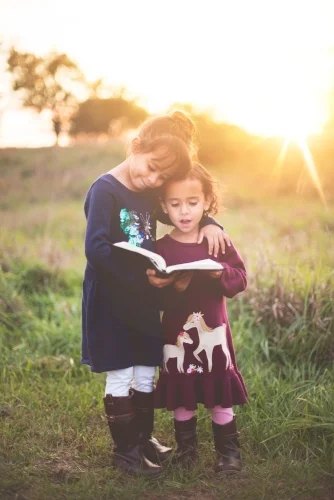Relationships Are Everything
Over the weekend, I took a break from social media (and by the way, it was SO refreshing and I highly recommend it to every person who has ever said something to the effect of “wow, is it already 8pm?” after mindlessly scrolling and feeling crappy about themselves. Please. Delete the apps for a weekend and notice your habits. It’s mind-blowing). The extra space and freedom I had allowed me to finish a book I had been reading for weeks and start one that has been sitting on my shelf, waiting for the perfect time to show up. It’s called Emergent Strategy and I’m head over heels for this book so far.
The title of this blog comes from adrienne maree brown, the author. Her words are like a hug from someone who tells it to you so directly that there is no way to misinterpret their words. You trust their opinion and value their experience and know you are in the presence of someone powerful. That’s how I feel about adrienne.
As I stepped back this weekend and took inventory of my life and relationships (to my favorite beings, projects, spaces, and communities), I realized that in sharing my belief that we are here to take care of each other, I want to be incredibly specific about what that means.
What it means is that relationships are everything. I don’t see any way around this.
Relationships are complex entities. When I work with couples, I work with each individual and I also work with the relationship. They are all separate but intertwined. Just as we must maintain our health, we must also maintain the health of our relationships, interactions, and communication with the people we value the most. Attachment theory reminds us that consistency, reliability, and truly “seeing” the other person are critical for healthy connection. The good news is we only have to have that type of attunement 30% of the time to maintain securely attached relationships. This means that outside of the 30%, we might read our partner as being angry when they are actually sad, respond to something they say in a way that doesn’t feel resonant for them, or we might have that feeling of being on different pages emotionally. 30% is the minimum, but I believe it’s important to recognize that we do not have to be perfect in relationships to be effective, loving, and supportive. You don’t have to be perfect. You just need to do your best as often as you can.
I see us changing the world through relationships. That is my vision. I see our tiny actions in relationships as revolutionary. When we choose to care for each other over being in competition, when we choose to support and love each other, when we understand our longing for connection, we shift our way of being in the world. We have each other’s backs. We create community. We treat others with full dignity, respect, and care. We value each others’ lives and experiences. Who is your community? Who are the people you could rely on for anything, at any time? Who are the people who would cook you a meal, put a roof over your head, or show up for you when you truly need them?
Photo by Ben White via unsplash
You know that feeling when you see someone look out for someone else? When someone forgets their wallet on the counter in the coffee shop and the person behind them runs down the street to make sure they get it back? Or when a parent and child are waiting in line for the restroom and someone in front of them lets them go first? When people show up with integrity, honesty, and genuine care for someone else that they don’t even know? That’s what I want more of. Those moments where we put someone else first. Where we prioritize someone else’s needs over our own from a place of confidence and centeredness. When we recognize that resources aren’t as scarce as we make them out to be. That providing care offers us something we wouldn’t be able to access otherwise. When we re-prioritize our needs, we might find we get more than we thought we could. The value of human interactions increases. Conversations matter. Genuine care matters (to me, genuine care is different than “look at how good I am” care. One is focused on meeting the needs of others and the other is focused on feeling good about oneself).
Among the more practical ways of loving and caring for others, we can provide what I call “generosity of presence.” To me, this means “I truly want to sit in this with you. It’s so hard and so crappy and so unpleasant but you are important to me and I am here with you. We are in this together.” In writing that sentence, I experienced a sense of calm and protection. What does generosity of presence mean to you? What would it mean for someone you care about to be generous with their presence? How would you know it was happening? How would it feel? Give yourself some space to sit with these questions and notice how your body and energy shifts.
When we commit to each other, whether it be in a partnership, a family, or a working relationship, are we assuming the circumstances will change? Are we allowing for growth and hardship? It’s kind of amazing, really, that we give our love with no guarantee. We don’t know what the future brings, but we continue to love each other full-heartedly. We bring our best selves to our relationships. We keep trusting and hoping and believing. This is care. This is caring for ourselves and each other. This is caring for our families and our local and global communities.
We are here to take care of each other, and this is how.
Love,
Elizabeth

